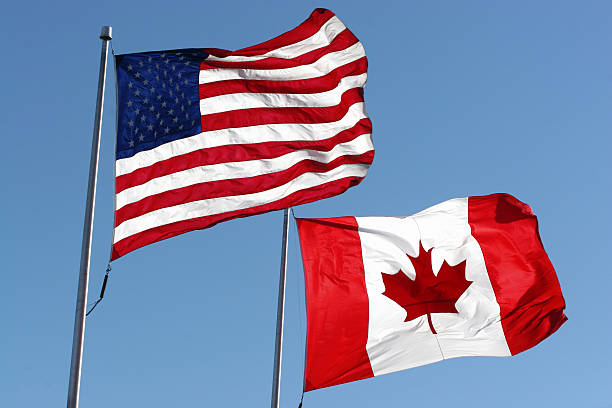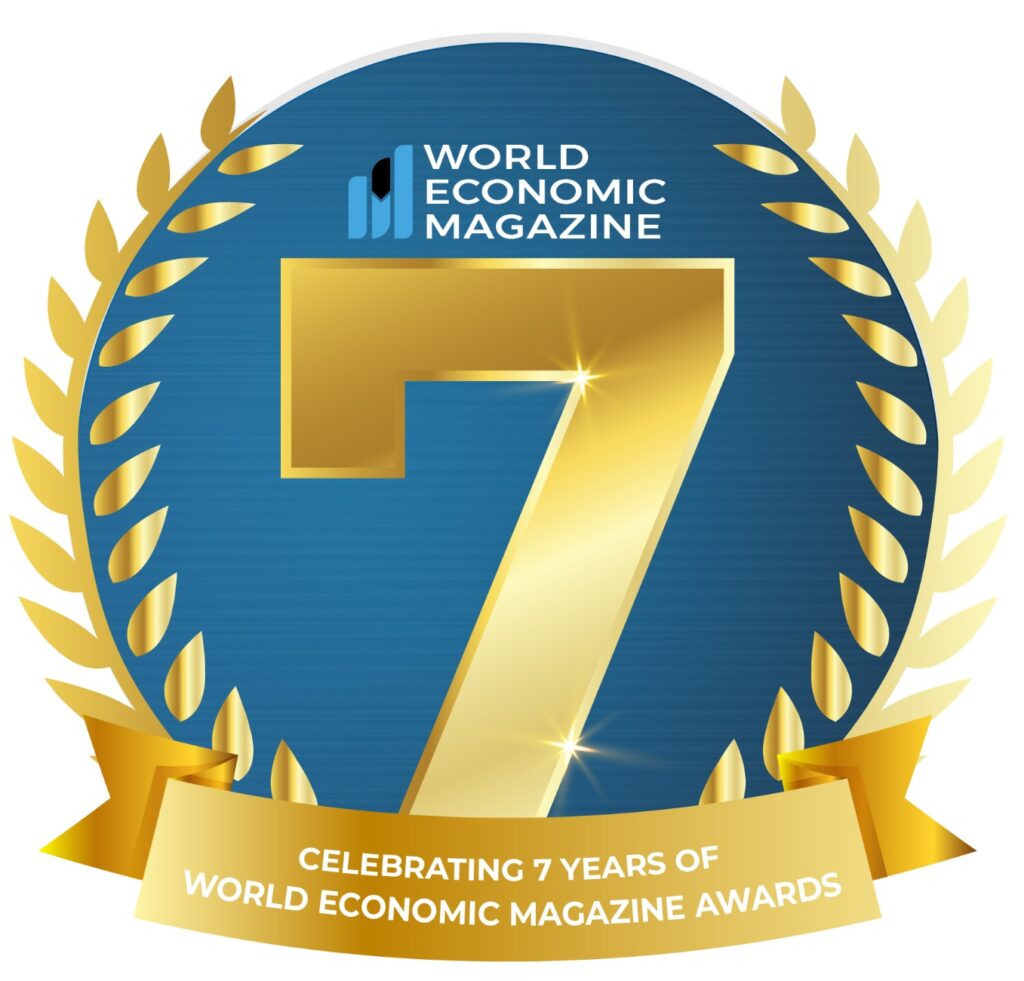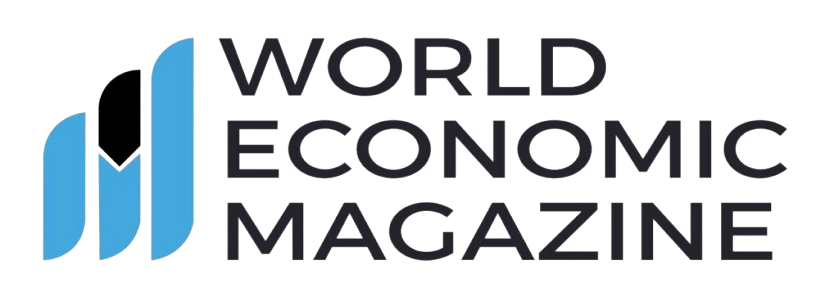

How Canada Quietly Outpaced the U.S. in the Blockchain Race
As Washington remains mired in regulatory uncertainty over digital assets, Canada has emerged as an unlikely but formidable leader in the global crypto landscape. With a combination of early regulation, supportive policies, and growing institutional interest, Toronto is now being hailed as a global capital for blockchain innovation.
Canada’s Early-Mover Advantage
Unlike the United States, where political gridlock has stifled clear legislation around cryptocurrencies, Canada began laying down a regulatory framework as early as 2014. Starting with anti-money laundering (AML) guidelines for crypto exchanges, Canadian regulators have since consistently refined their approach to digital assets.
The Canadian Securities Administrators (CSA) and the Financial Transactions and Reports Analysis Centre of Canada (FINTRAC) have worked together to create a clear, enforceable roadmap for crypto firms. This clarity has made Canada one of the most appealing destinations for blockchain startups, exchanges, and global financial players seeking to enter the Web3 economy with confidence.
Toronto: North America’s Crypto Capital?
Once better known for its banking sector and tech startups, Toronto has now become the center of gravity for blockchain developments in the Western Hemisphere. Experts point to a convergence of factors: strong tech talent, proactive regulation, and growing venture capital investments.
Robinhood’s recent acquisition of Canadian crypto firm WonderFi—which owns Bitbuy and Coinsquare—is a case in point. Rather than continuing to wrestle with the ambiguity of U.S. crypto laws, Robinhood chose to double down on Canada’s stable ecosystem to expand its digital asset business.
“Canada is shaping up to be one of the most attractive crypto markets in the world,” said Johann Kerbrat, Robinhood’s crypto lead. “With over 30 million Canadians projected to use crypto by 2025 and an anticipated $900 million in revenue, we’re tapping into a market that’s not just growing—it’s maturing.”
Global Players Make a Blockchain Bet
Toronto’s growing influence was cemented at the Consensus 2025 conference—one of the world’s most prominent crypto gatherings. Held for the first time in Canada, the event marked a major shift in the industry’s focus from traditional hubs like San Francisco and New York to the Great White North.
Among the major announcements, JPMorgan, Chainlink, and Ondo Finance unveiled a bold $100 billion initiative to tokenize real-world assets using blockchain infrastructure. The project aims to bridge traditional finance (TradFi) with decentralized finance (DeFi), combining JPMorgan’s Kinexys Digital Payments system with Chainlink’s oracle network and Ondo’s tokenization tools.
“This is the first meaningful step toward real interoperability between permissioned banking systems and public blockchains,” said Nathan Allman, CEO of Ondo Finance. “Canada provided the ideal setting for such a game-changing announcement—mature, trustworthy, and future-forward.”
A Tale of Two Crypto Futures
The contrast between Canada’s forward-thinking approach and the United States’ fragmented regulatory environment is becoming increasingly stark. In the U.S., the SEC and CFTC continue to battle over jurisdiction, with crypto firms facing lawsuits, unclear guidelines, and fear of sudden policy reversals.
Meanwhile, Canada has taken a collaborative approach, inviting industry leaders to the table and offering compliance pathways rather than punitive action. This regulatory confidence is encouraging not only local startups but also drawing international giants to set up operations in cities like Toronto, Vancouver, and Montreal.
Economic Impact and Global Recognition
Blockchain isn’t just a buzzword in Canada—it’s a booming sector driving job creation, innovation, and economic diversification. According to recent estimates, Canada’s digital asset economy could generate over $1 billion in tax revenue annually by 2027 if current growth trends continue.
Toronto’s ascension has also given a boost to Canadian universities and research centers, which are producing world-class blockchain engineers and developers. The University of Toronto and University of Waterloo, in particular, are being recognized as breeding grounds for the next generation of Web3 talent.
The Future Belongs to the Prepared
As the global financial system steadily integrates tokenization, decentralized finance, and AI-driven trading, countries that provide clear, supportive, and stable regulatory environments will lead the charge. Canada is doing just that—deliberately and decisively.
For now, Toronto stands tall as the beating heart of this transformation. Whether it’s the tokenization of U.S. treasuries, DeFi infrastructure expansion, or crypto-asset custody innovations, the world is watching Canada take the lead—quietly, steadily, and smartly.
EXCERPT:
As U.S. crypto rules stall, Canada surges ahead—Toronto rises as a global blockchain hub with clear laws, big deals, and billion-dollar potential.




